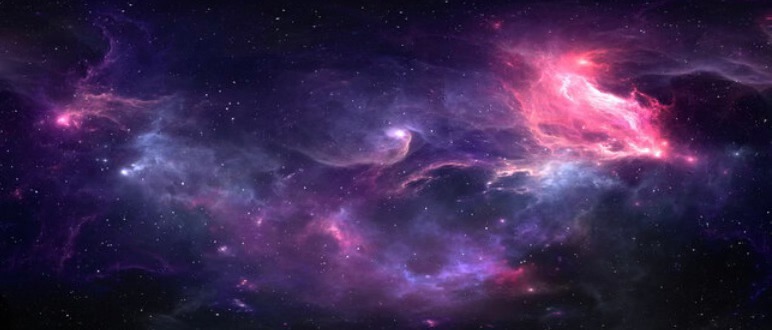

Nirvana— the Timeless Rest
By Guy Eugène Dubois
Facebook: Facebook link
There is a silence that needs nothing. A silence that does not arise and does not pass away. This silence is not found between two sounds or behind the breath, but as the unborn ground in which all things appear and disappear. In that silence there is no searching, no striving, no time. Everything that comes and goes finds its rest there.
The Buddha called this nibbāna (Skt.: nirvāṇa)—the extinguishing of the flames of craving, hatred, and ignorance; the cessation of all that was entangled in becoming *see footnote below(bhava; id.). When the whirl of “I” settles, only the unconditioned remains: clear, unmoving, boundless.
Nibbāna is not a place, not a heaven, not an experience that anyone can possess. It is the ending of the illusion of separateness. In that unguarded openness, nothing mirrors itself against anything else. The boundaries between inside and outside fade, and what remains is a simple presence—silent, alive, indescribably one with all that is.
Whoever touches this rest does not do so as someone achieving something. There is no achiever, no path that leads anywhere. The path dissolves in the seeing of what has always been present. Just as the ocean does not exist apart from the wave, nibbāna does not stand apart from life. Nibbāna does not lie beyond life, but beyond the grasp that keeps life confined. When arising and passing away come to rest, what has never been touched becomes apparent. It is the ocean recognising itself in every wave, the stillness present within movement, the freedom that depends on neither form nor time.
In the silence of nibbāna, simplicity becomes natural. There is nothing to defend, nothing to obtain. Simplicity grows from insight: everything that seems complicated springs from craving and resistance. When craving and aversion are extinguished, life becomes transparent. Simplicity is not poverty, but purity—the heart no longer adding anything to what is already complete.
And out of that silence and simplicity, a natural service arises. Not as duty, but as an effortless flow. One who wants nothing for oneself becomes a river of goodness. In the clarity of non-doing, compassion blossoms without motive: helping occurs as the sun warms, as water finds its course…
Nibbāna is that timeless rest in which all things flow together. Not the end of life, but the end of illusion. Not an escape from the world, but the unveiling of its true nature. Whoever listens with a quiet heart hears the whisper of the Unborn (ajāta; id.)—an invitation to rest in what has never moved. Not in some distant future, but NOW. In this moment. In every moment.
Footnote:
Si Thu Thank you for your thoughtful remark. You are right that in the Pāli texts the word bhava can mean both “becoming” and “life” — as in a human life, a deva life, or any mode of existence. In that sense, when the Buddha or an arahant reaches the end of the physical lifespan, there is indeed “no further becoming.” No new birth, no new life arises because the causes for rebirth have been extinguished.
In my text, the sentence “Nibbāna is not the end of life, but the end of illusion” points to something slightly different: not to biological lifespan or cosmological rebirth, but to the felt sense of “my life, my becoming, my story.” It is this illusion of an owner behind experience — the one who clings, resists, hopes and fears — that comes to an end. What remains is the Unconditioned, which is not added to life, nor separate from it. So both statements are true, but they speak on different levels: On the level of dependent origination, the arahant does not generate a new bhava; therefore there is no further rebirth. On the level of direct experience, the illusion of “me living this life” dissolves. Life continues in the conventional sense — breathing, walking, speaking — but without appropriation, without “I am.”
When the texts say “no more becoming,” they mean the end of the causal chain that produces another existence. When I say “not the end of life,” I mean that Nibbāna is not annihilation, not a disappearance into nothingness. It is the ending of delusion, not the extinguishing of aliveness. As long as the body lives, life continues; what ceases is greed, hatred, and delusion. These perspectives meet in a simple truth: Nibbāna ends what is fabricated; it does not deny what is real.
Rebirth ends, illusion ends — but the immediacy of this moment is not negated. Only the grasping that obscured it falls away. In short: Nibbāna ends future becoming, not the living presence of this moment; what ceases is the illusion of “I am,” not the aliveness of experience. Metta. Guy.
Return to Singapore Dharma Net Homepage

